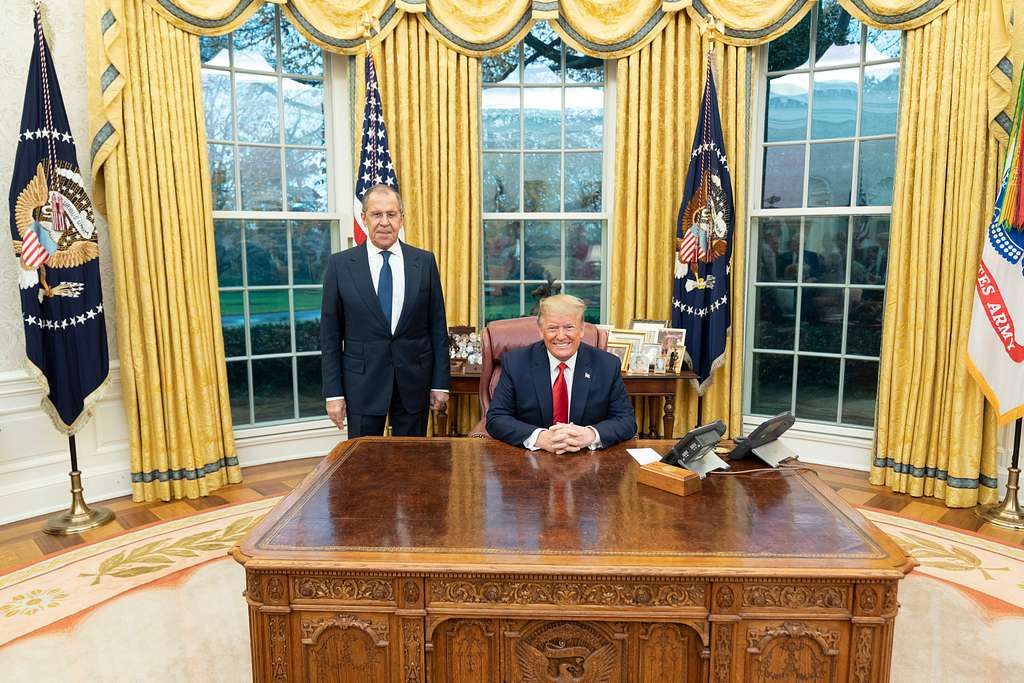Meeting of G20 Labour and Employment Ministers: Towards a Fair and More Equitable World

The meeting of the recent G20 Labour and Employment Ministers in Fortaleza, Brazil, was a turning point in the worldwide endeavour to build a more fair and equal society. Attended by ministers from the top countries of the globe, the conference produced a historic statement stressing the need of governments developing and supporting active inclusion policies aiming at promoting robust, sustainable, balanced, and inclusive economic growth.
The realisation at the core of the proclamation is that the best social tools for attaining a fairer and more equitable income distribution are establishing official employment and supporting decent work. This is a major change in emphasis since it recognises that economic development by itself cannot guarantee that everyone benefits from it.
The declaration was shaped in great part by India’s Minister of State for Labour and Employment, Smt. Shobha Karandlaje. She underlined in her opening comments the need of skilling and reskilling to guarantee a fair and equitable change to greener substitutes. This is a crucial problem since the move to a more sustainable economy calls for major changes in our way of life and business.
Smt. Karandlaje also underlined India’s successes in using technology to raise general quality of living. While the ‘e-Shram’ portal has built a national database of informal sector workers, giving them access to skilling opportunities and social security benefits, the country’s ‘Digital India Mission’ has provided new paths for employment and entrepreneurship.
The declaration also underlines how governments should produce and support good work as well as implement sensible labour market policies like job matching, skills development, access to training and lifetime learning. This is a crucial problem since workers must be ready with the abilities required to flourish in an economy that is fast changing and the nature of employment is changing too.
Apart from this, the declaration exhorts governments to put policies in place to formalise employment, react to platform work, support appropriate levels of wage floors, give access to suitable social safety, and advance social dialogue and group bargaining. These are all important problems since they directly affect what it means to have a decent work and a fair and just society.
The conference left one of the most important lessons about the need of worldwide cooperation to handle the ethical issues related with technology. Through strong legislative frameworks and international cooperation, Smt. Karandlaje asked the G20 nations to handle concerns of data privacy, cybersecurity, and ethical usage of artificial intelligence.
The conference gave ministers also a chance to exchange best practices and grow together from their experiences. Meeting with the Japanese State Minister for Health, Labour, and Welfare and the Director-General of the International Labour Organisation (ILO), Smt. Karandlaje discussed areas of shared interest and possible ways to improve cooperation.
Ultimately, the G20 Labour and Employment Ministers’ conference represented a significant first towards a more fair and equal society. The declaration is a major accomplishment, and governments all around will have to constantly work hard and devote themselves to carry it out. As Smt. Karandlaje underlined, “just transitions cover several aspects, including safeguarding communities and workers impacted by the phasing out of carbon-intensive businesses. It calls for a strong social protection system, retraining initiatives, and sustainable industry investments.








